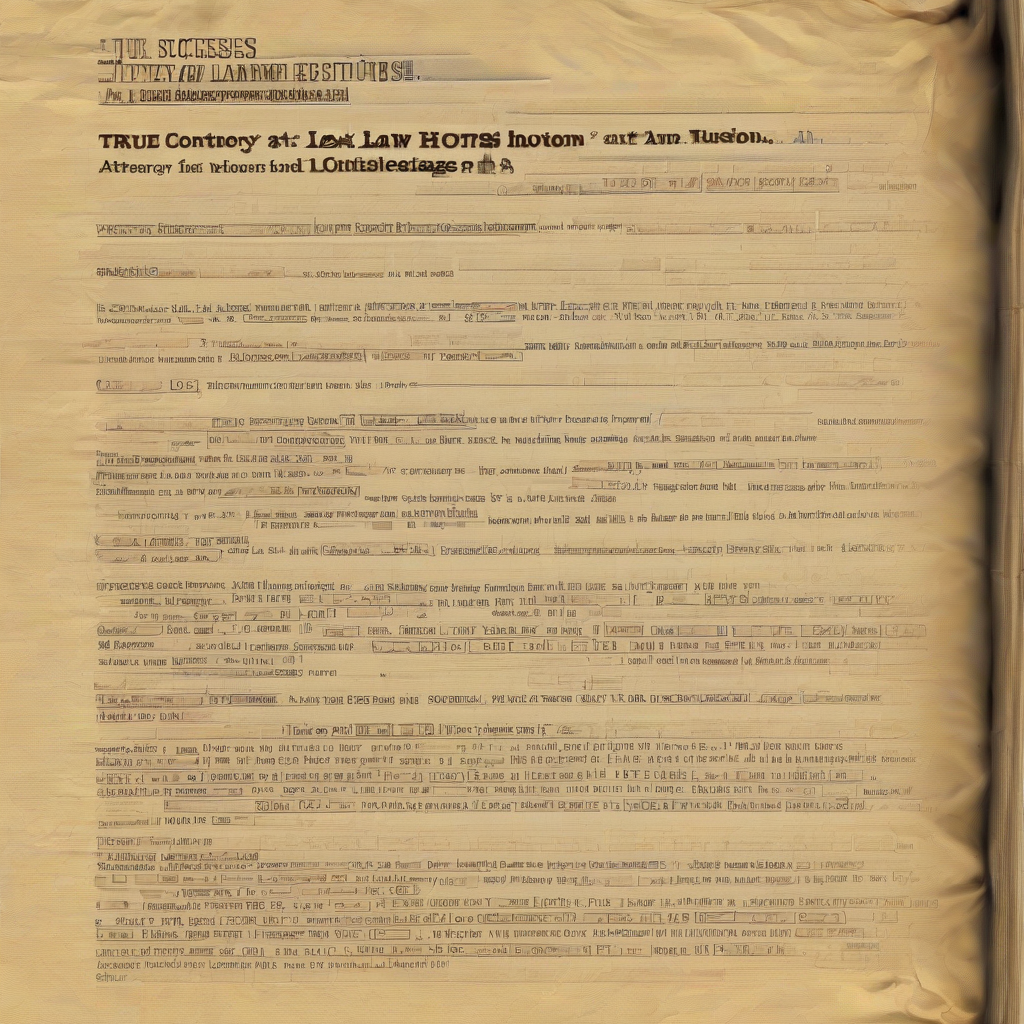Navigating the Legal Landscape: Your Guide to Finding the Right Attorney at Law in Houston
Houston, a sprawling metropolis with a diverse population and a complex legal environment, presents a unique challenge when seeking legal counsel. Finding the right attorney at law in Houston requires careful consideration of several factors, from the attorney’s specialization and experience to their communication style and fees. This comprehensive guide will help you navigate this process effectively, ensuring you secure the best possible representation for your needs.
Understanding Your Legal Needs
Before embarking on your search, it’s crucial to clearly define your legal needs. What type of legal issue are you facing? Are you dealing with a personal injury claim, a family law matter, a business dispute, a criminal charge, or something else entirely? Identifying the specific area of law relevant to your situation will significantly narrow your search and help you focus on attorneys with the appropriate expertise.
- Personal Injury: If you’ve been injured due to someone else’s negligence, you’ll need an attorney specializing in personal injury law. This includes car accidents, slip and falls, medical malpractice, and more.
- Family Law: This broad area encompasses divorce, child custody, child support, adoption, and other family-related legal issues. Finding an attorney experienced in family law is crucial for navigating the complexities of these sensitive matters.
- Business Law: Businesses of all sizes encounter legal issues, from contract disputes and intellectual property to corporate governance and mergers and acquisitions. A business attorney can provide essential guidance and representation.
- Criminal Law: Facing criminal charges requires the expertise of a skilled criminal defense attorney. The severity of the charges will dictate the level of experience and specialization required.
- Real Estate Law: Buying, selling, or leasing property involves intricate legal procedures. A real estate attorney can ensure a smooth and legally sound transaction.
- Estate Planning: Planning for the distribution of your assets after your death requires careful consideration and legal expertise. An estate planning attorney can help create wills, trusts, and other essential documents.
Researching Houston Attorneys
Once you’ve identified your legal needs, it’s time to begin your research. Several resources can help you locate qualified attorneys at law in Houston:
- State Bar of Texas Website: The State Bar of Texas website provides a directory of licensed attorneys in the state. You can search by name, location, and area of practice.
- Online Legal Directories: Numerous online legal directories, such as Avvo, Justia, and Martindale-Hubbell, allow you to search for attorneys based on various criteria, including specialization, experience, and client reviews.
- Referrals: Seek referrals from trusted sources, such as friends, family, colleagues, or other professionals. Personal recommendations can be invaluable in finding a reputable attorney.
- Professional Organizations: Many professional organizations, such as the Houston Bar Association, offer resources and directories of member attorneys. These organizations often specialize in particular areas of law.
Evaluating Potential Attorneys
Once you’ve compiled a list of potential attorneys, it’s essential to evaluate each one carefully. Consider the following factors:
- Experience and Specialization: How long has the attorney been practicing law? Do they have extensive experience in the specific area of law relevant to your case? Look for attorneys with a proven track record of success.
- Client Reviews and Testimonials: Review online testimonials and client reviews to gauge the attorney’s reputation and client satisfaction. Pay attention to both positive and negative feedback.
- Communication Style: Do you feel comfortable communicating with the attorney? Are they responsive to your questions and concerns? Effective communication is crucial for a successful attorney-client relationship.
- Fees and Payment Options: Understand the attorney’s fee structure, whether it’s hourly, contingency-based, or a flat fee. Discuss payment options and ensure you understand the total cost involved.
- Professionalism and Ethics: Does the attorney maintain a high level of professionalism and adhere to ethical standards? Check for any disciplinary actions or complaints filed against them.
The Initial Consultation
Most attorneys offer a free or low-cost initial consultation. This is your opportunity to ask questions, discuss your case, and assess whether the attorney is a good fit for your needs. Prepare a list of questions in advance to ensure you cover all essential aspects.
- Clearly explain your situation: Provide the attorney with all the relevant details of your case. Be prepared to answer questions thoroughly and honestly.
- Ask about their experience: Inquire about their experience handling similar cases and their success rate.
- Discuss their fee structure: Obtain a clear understanding of the attorney’s fees and payment options.
- Inquire about their communication practices: Ask how often you can expect updates and how they will communicate with you.
- Assess your comfort level: Do you feel comfortable with the attorney’s personality and communication style?
Making Your Decision
Choosing the right attorney is a critical decision. After meeting with several potential attorneys, carefully weigh the pros and cons of each one. Consider your comfort level, their expertise, their fees, and their communication style. Select the attorney who best meets your needs and provides you with confidence in their ability to represent you effectively.
- Trust your instincts: If you feel uneasy or uncomfortable with an attorney, it’s best to move on and consider other options.
- Don’t be afraid to ask questions: Clarify any uncertainties or concerns you may have before making a final decision.
- Consider a second opinion: If you’re still unsure, seeking a second opinion from another attorney can be beneficial.
Finding the right attorney at law in Houston is a process that requires diligence and careful consideration. By following these steps, you can increase your chances of securing effective legal representation and achieving a positive outcome in your legal matter.

